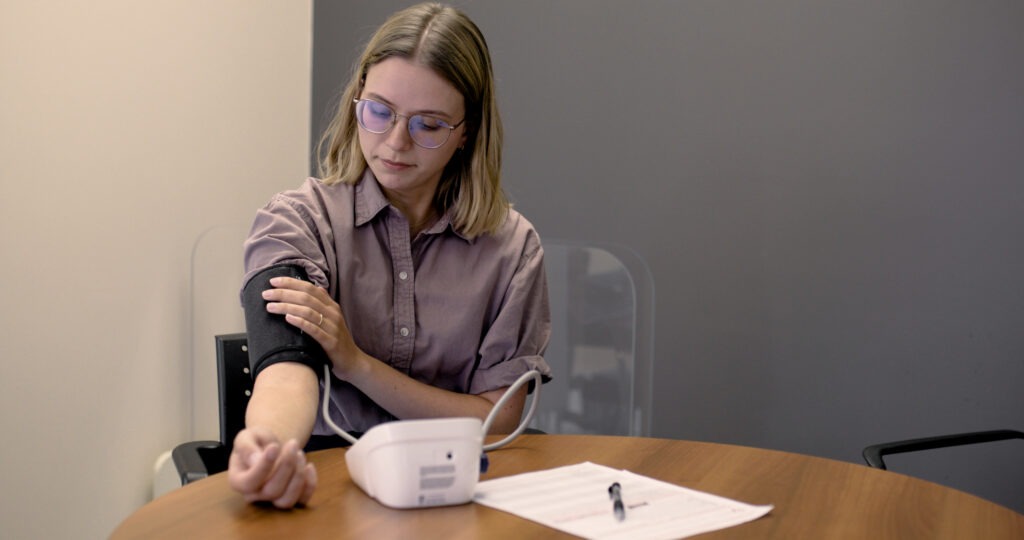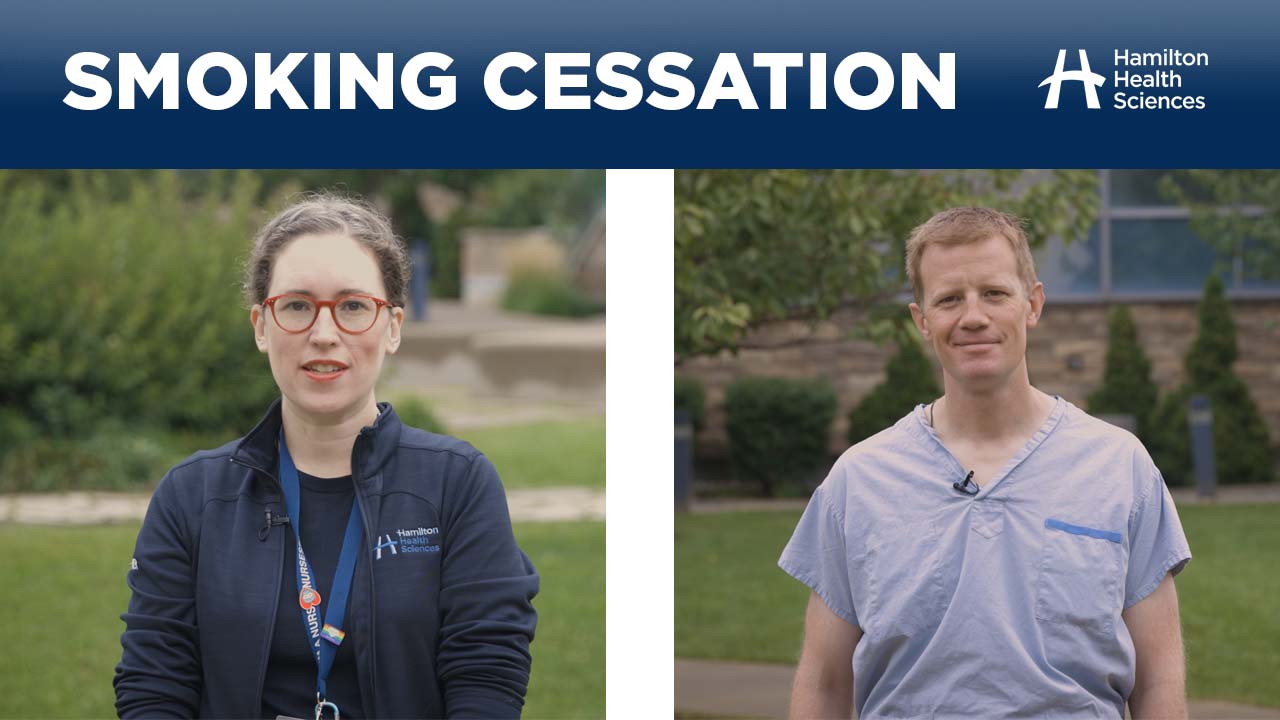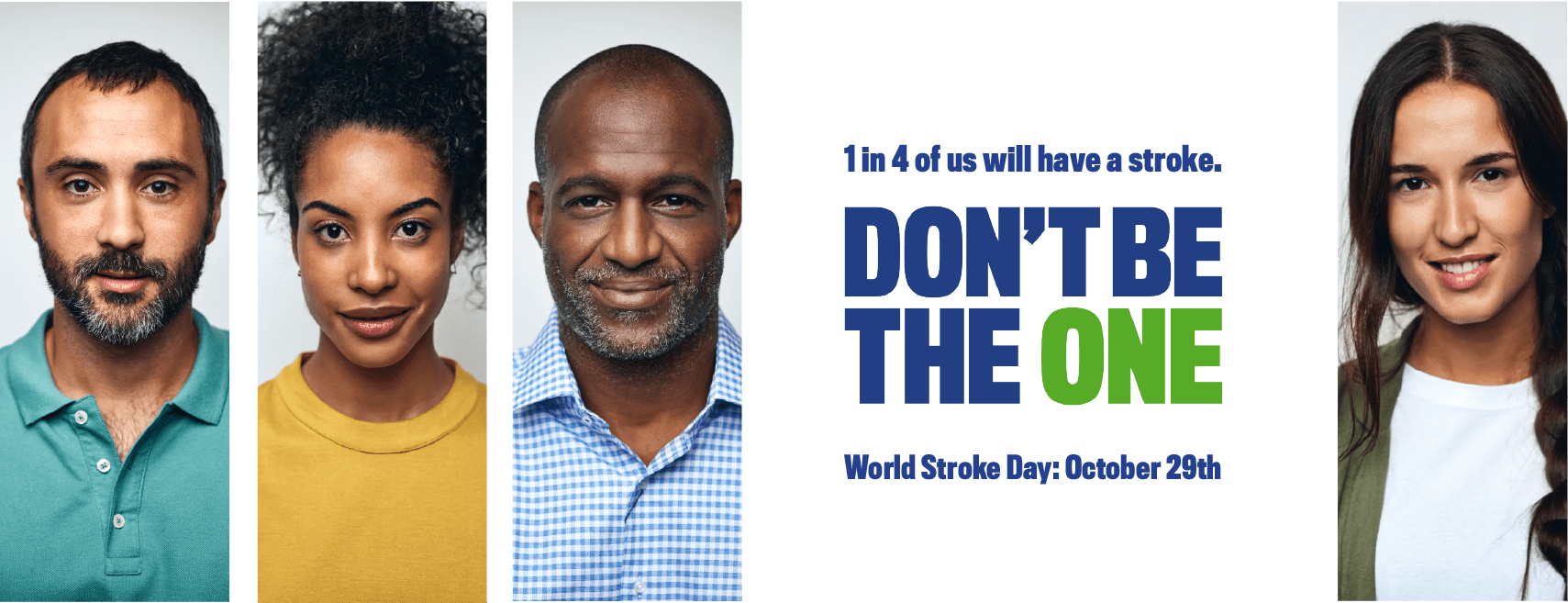
Lower your blood pressure to avoid risk of stroke
June is stroke awareness month and October 29 is World Stroke Day. A stroke is when blood stops reaching any part of the brain, damaging brain cells. It is a medical emergency and requires the right care, right away.
Hypertension – or high blood pressure – is a major risk factor for stroke, kidney disease, heart attacks and other heart issues.
What is hypertension?
High blood pressure needs to be measured. It doesn’t give warnings of pain or discomfort. Only very seldom when levels are extremely elevated are there symptoms.
Blood pressure is a measure of how hard your blood is pushing against the walls of your arteries throughout your body. High blood pressure is when your heart has to work harder than normal to pump blood through the blood vessels. High blood pressure damages your kidney, your heart, and it also harms your brain.
The good news is that hypertension is one of the conditions that people can do something about. You can reduce risk of damage to your brain, and reduce risk of strokes. It’s very important to measure blood pressure, to learn how to measure it accurately and record it accurately, so you can discuss it with your physician.
Many factors can cause hypertension
In many cases, physicians do not know specifically what causes hypertension.
In general, there are genetic factors that play a part, and blood pressure tends to increase with age.
There are also many lifestyle factors that can contribute to high blood pressure, such as eating unhealthy foods, being physically inactive, and being overweight. Additionally, a number of diseases can predispose people to high blood pressure such as sleep apnea, kidney disease, and certain cardiac diseases.
Ways to reduce blood pressure
You can’t modify your genes or your age, but people can make lifestyle changes that have a big impact. The most important things you can do to lower blood pressure by lifestyle measures are:
- Be physically active
- Eat healthy foods including a diet rich in fruits, vegetables, fibre, and foods that are high in potassium. Avoid a lot of salt. All of these have been shown to substantially reduce high blood pressure
- Maintain a good body weight – generally defined as less than 25 kilograms per square metre
- Limit alcoholic drinks to two per day and, ideally, have some days without alcohol
- Don’t smoke. Smoking has a detrimental effect on the body’s arteries and hypertension
Hypertension matters
While you may feel fine with hypertension, if not managed properly it can eventually cause serious health issues. If you are prescribed medication to lower your blood pressure, it is very important to take it regularly. You should also be checking your blood pressure regularly to ensure the medication is working. Watch this video on how to take your blood pressure.



